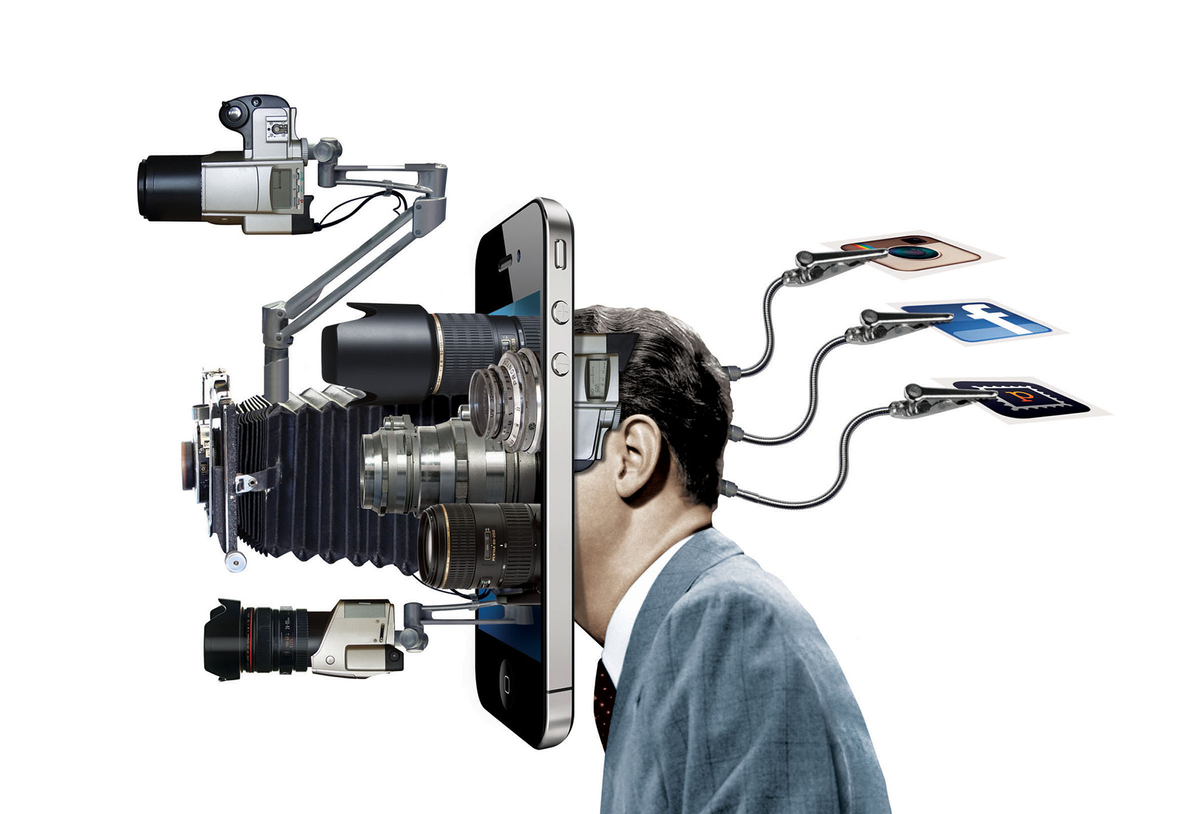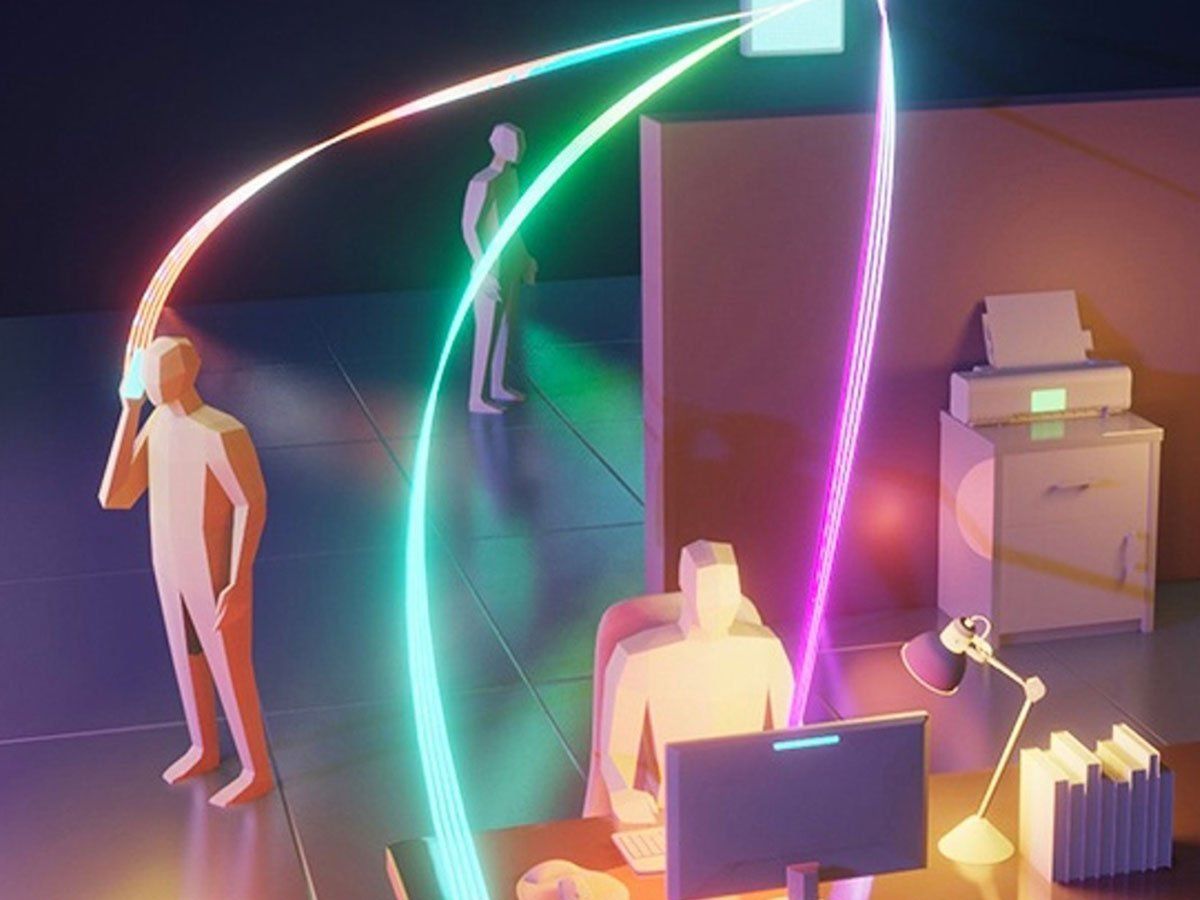From the moment we wake up and reach for our smartphones and throughout the day as we text each other, upload selfies to social media, shop, commute, work, work out, watch streaming media, pay bills, and travel, and even while we’re sleeping, we spew personal data like jets sketching contrails across the sky.
An astonishing amount of that data is recorded, stored, analyzed, and shared by media companies looking to pitch you content and ads, retailers aiming to sell you more of what you’ve already bought, and potential distant relatives hitting you up on genealogy sites. And sometimes, if you’re suspected of participating in illegal activities, that data can bring you under the scrutiny of law enforcement officials.
Contributing Editor Mark Harris spent months poring over court documents and other records to understand how the U.S. Federal Bureau of Investigation and other agencies exploited vast troves of data to conduct the largest criminal investigation in U.S. history: into the violent overtaking of the Capitol building on 6 January 2021.
The events of that day unfolded on live television watched by millions. But in order for investigators to identify suspects amidst a mob of thousands, it had to cast a very wide net and sought the cooperation of tech giants like Google, Facebook, and Snap and carriers like Verizon and T-Mobile. As Harris painstakingly documents in “How the Police Exploited the Capitol Rioters’ Digital Records,” some of the information the FBI used was intentionally shared by rioters on social media, while other information was gleaned from the kind of data we all heedlessly cast off during the course of the day, like the order for pizza that landed one group of rioters in hot water or the automated license-plate readings that were cited in 20 cases.
“In the eternal struggle between security and privacy, the best that digital-rights activists can hope for is to watch the investigators as closely as they are watching us.” —Mark Harris
The ability to ingest multiple data streams and analyze them to trace rioters’ journeys to, through, and back from the Capitol has led to 950 arrests, with more than half leading to guilty pleas and 40 to guilty verdicts as of this writing. But as the privacy advocates Harris interviewed point out, while these tools helped law enforcement hold some people accountable for their actions that day, those same tools can be used by the state against law-abiding citizens, not just in the United States, but anywhere. And the data we make available (knowingly or not), often for the sake of convenience or as the price of admission, leaves us vulnerable to bad actors, be they governments, corporations, or individuals.
The writer David Brin foretold a version of our current panopticon in his 1998 book The Transparent Society. In it, he acknowledges the risks of surveillance technology but contends that the very ubiquity of that technology is in itself a safeguard against abuse by giving everyone the ability to shine a light on the dark corners of individual and institutional behavior: His stance jibes with Harris’s final observation: “In the eternal struggle between security and privacy, the best that digital-rights activists can hope for is to watch the investigators as closely as they are watching us.”
But as Brin points out, watching the watchers isn’t enough to guarantee a free and open society. As data-driven prosecutions for the 6 January insurrection continue, it’s worth considering the linkage Brin makes between liberty and accountability, which he says, “is the one fundamental ingredient on which liberty thrives. Without the accountability that derives from openness—enforceable upon even the mightiest individuals and institutions—how can freedom survive?”
- How Facial Recognition Technology Is Helping Identify the U.S. Capitol Attackers ›
- The Social Panopticon And You ›
- Rules for the Digital Panopticon ›



